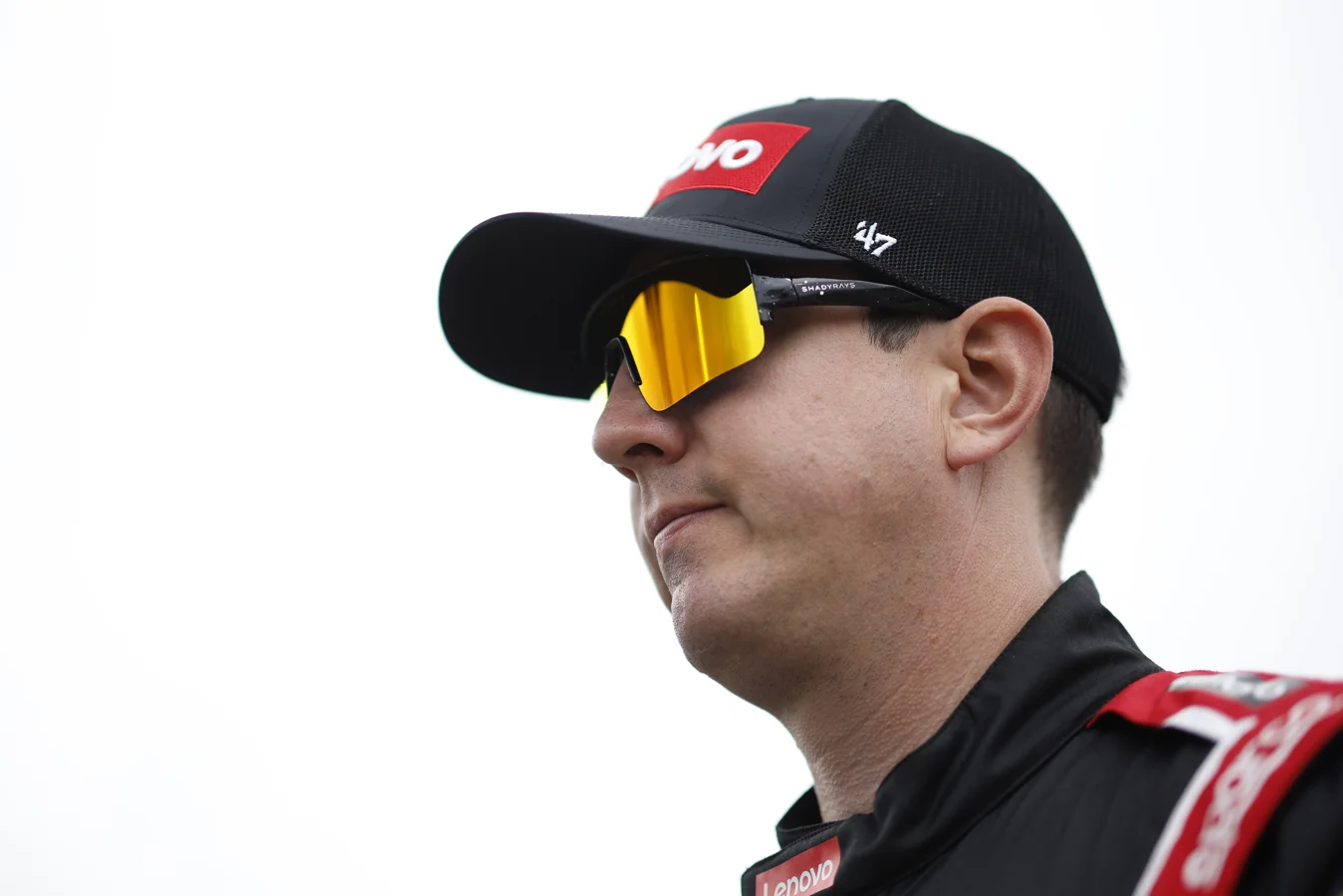Kyle Busch criticizes Las Vegas race dates as he openly questions the need for his hometown Las Vegas Motor Speedway to host two NASCAR Cup Series events, a bold move that could signal deeper changes within the racing calendar. Busch’s comments arrive amid ongoing discussions about the future of NASCAR’s schedule, with fan attendance and track excitement under scrutiny.
Kyle Busch Questions Value of Two Las Vegas NASCAR Events
Two-time Cup Series champion Kyle Busch has sparked intense debate by declaring that Las Vegas Motor Speedway may not merit the two prized dates it currently holds on the NASCAR schedule. This outspoken view, surprising for someone who launched his celebrated career at this very venue, may influence how NASCAR leaders and fans view race allocations in the future. Officials, drivers, and the wider community are now weighing Busch’s opinions during a period when NASCAR seeks to maximize crowd engagement and market strength.
Busch is known for his directness throughout his extensive racing career. Now, he has publicly shared doubts about his home track’s standing.
“As much as I love Vegas, and Vegas is my hometown, I don’t think Vegas needs two dates,”
—Kyle Busch, NASCAR Cup Series Driver. He delivered these frank comments across social media, making it clear that his ties to the city do not cloud his judgment about its fit within the sport’s schedule.

Concerns Over Attendance and Venue Viability
Busch’s critique gains further weight when recent numbers are considered. Attendance at the Las Vegas Motor Speedway has slipped, as grandstands reached only about half-capacity during the 2023 South Point 400. Originally able to seat as many as 140,000 spectators, the track has since downsized, highlighting doubts about its ability to attract enough fans for multiple annual events. This issue has become increasingly noticeable, prompting both fans and officials to reconsider the logic of maintaining two race weekends there.
The driver’s remarks point to a trend that echoes throughout the sport.
“If you’re not packing the grandstands and selling out every single time, then you only need one date,”
—Kyle Busch, NASCAR Cup Series Driver. Busch’s logic favors streamlining the schedule so that energizing crowds and sold-out arenas become the norm rather than the exception. He advocates for a system where dates are awarded based on sustained fan turnout and compelling racing, rather than tradition or market size alone.
Questions Raised About Racing Excitement in Las Vegas
Las Vegas has played a pivotal part in Busch’s journey as a racer, with career-defining moments such as a Cup Series victory in 2009 shaping his legacy. He has continued to perform well, notching several top-6 finishes there in recent seasons. Despite those successes, Busch sees the racing at the venue as increasingly stale for both drivers and fans. Aerodynamic rules and predictable racing lines have, in his view, left little room for thrilling moves on track. He noted that,
“dramatic passes are all but eliminated,”
—Kyle Busch, NASCAR Cup Series Driver, due to the technical setup of the Las Vegas circuit.
Busch suggests it may be time for NASCAR to focus on venues where genuine competition and driver talent, rather than track positioning or mechanical advantages, shape the final outcome. He floated an idea for more dynamic events when he said,
“I would say maybe, I don’t know, maybe another Bristol,”
—Kyle Busch, NASCAR Cup Series Driver, hinting at his interest in tracks that promise more action and unpredictability.
Potential Shifts for NASCAR’s Race Schedule
Busch’s statements arrive at a critical moment for NASCAR, as schedule planners weigh the future direction of its marquee series. His comments challenge not only the status quo in Las Vegas but the entire approach to awarding race dates. The sentiment is shared by a growing contingent within the sport that calls for lively racing and larger, more enthusiastic crowds. Busch’s high-profile commentary has already fueled conversations among officials, loyalists, and other drivers, all confronting the question of how to balance tradition with the evolving demands of fans and sponsors.
With NASCAR already reviewing race locations to ensure long-term growth and profitability, the argument for more varied and competitive venues has never been stronger. Busch’s remarks signal a willingness—at least among some top drivers—to embrace change if it leads to a richer, more engaging fan experience.
Looking Ahead: Will NASCAR Reconsider Its Commitment to Las Vegas?
As Busch continues his storied career, his view that Las Vegas may not justify multiple events confronts deep-set loyalties and market considerations within the sport. His critique has added momentum to a larger debate about what makes NASCAR races truly compelling and sustainable for the future. Officials are now faced with the challenge of maintaining tradition while adapting to calls for more excitement and consistent packed crowds.
Ultimately, the sport’s governing body must decide whether to heed Busch’s advice and consider trimming Las Vegas’s slate in favor of new or refreshed venues that could ignite greater enthusiasm. The outcome of this debate may shape how drivers, fans, and sponsors view NASCAR’s identity for years to come, leaving open the question of whether Las Vegas will retain its dual place on the calendar or pave the way for a bold new era in stock car racing.
